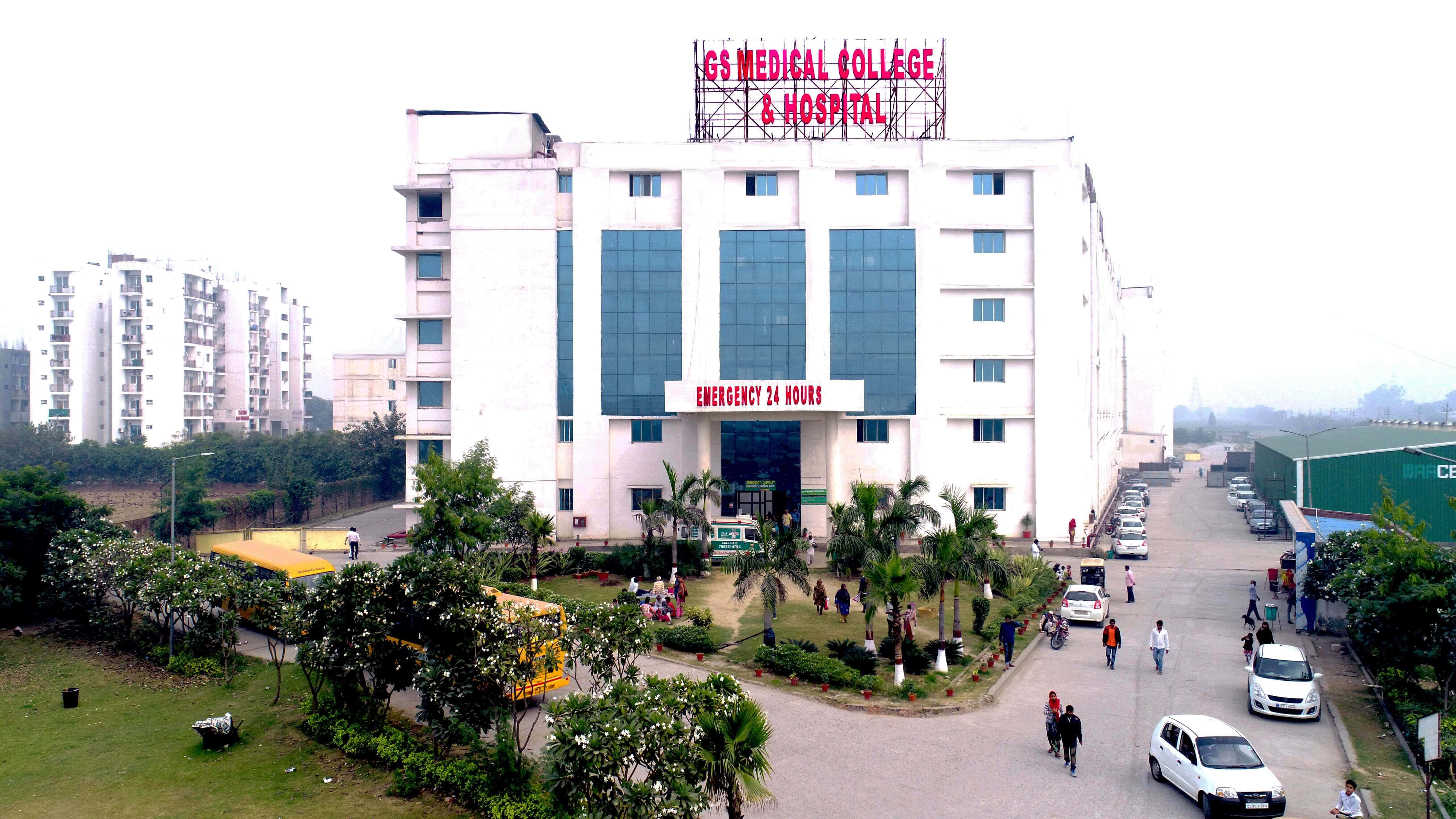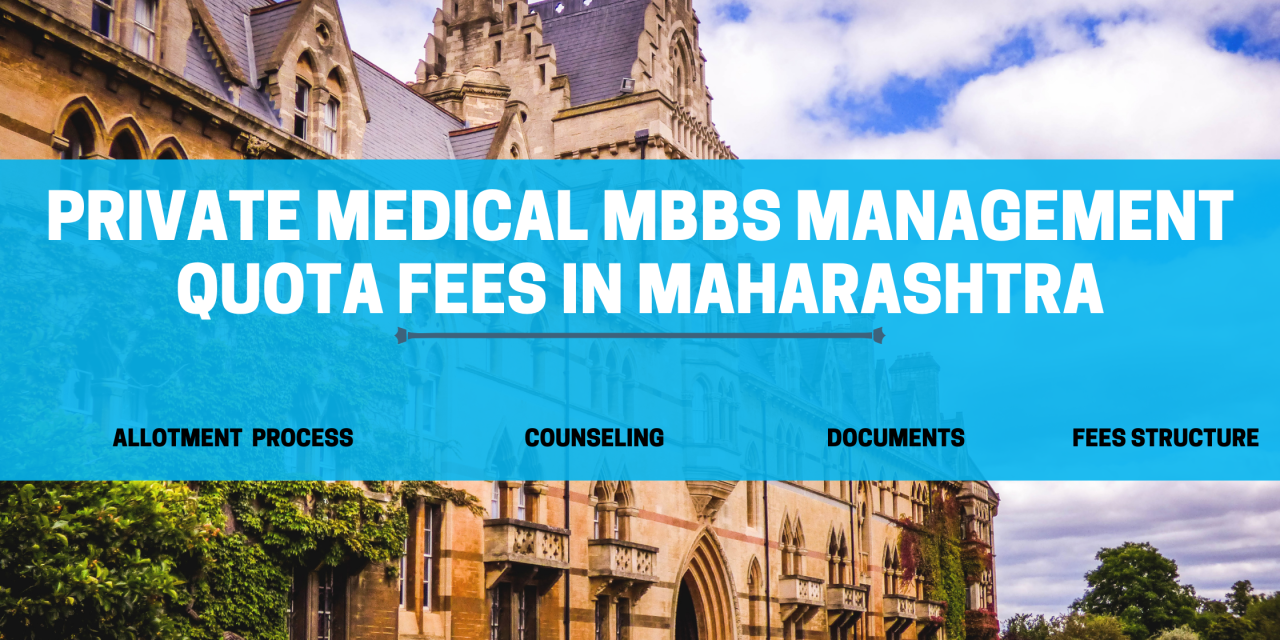Private Medical College MBBS Student: An Overview
Medical education is a significant pillar in the healthcare system, shaping the future of patient care and population health. In India, medical colleges play a crucial role in training future doctors, with both public and private institutions offering medical programs. Private medical college MBBS students constitute a significant portion of the medical student population in India and face unique challenges and opportunities.

Challenges Faced by Private Medical College MBBS Students:

- High Fees: Private medical colleges in India typically charge higher tuition fees compared to public medical colleges. This can pose a financial burden on students and their families, especially for those from economically disadvantaged backgrounds.
- Limited Access to Government Scholarships: Private medical college MBBS students often have limited access to government scholarships and financial aid programs, which are primarily available to students studying in public medical colleges. This disparity can further exacerbate the financial burden faced by students.
- Lack of Autonomy in Curriculum Design: Private medical colleges may have less autonomy in designing their curriculum compared to public medical colleges. This can limit the ability of private medical colleges to adapt their curriculum to meet the changing needs of the healthcare industry and the preferences of students.
- Limited Research Opportunities: Private medical colleges may have limited research facilities and resources, which can restrict the opportunities for students to participate in research activities. This can be a disadvantage for students who are interested in pursuing a career in research or academia.
Opportunities for Private Medical College MBBS Students:
- Access to State-of-the-Art Infrastructure: Private medical colleges often boast state-of-the-art infrastructure, including well-equipped laboratories, modern classrooms, and advanced medical technology. This provides students with access to high-quality learning resources.
- Individualized Attention: Smaller class sizes in private medical colleges allow for more individualized attention from professors and instructors. This facilitates better engagement, personalized learning, and enhanced student support.
- Exposure to Clinical Experience: Many private medical colleges have teaching hospitals or clinical settings that enable students to gain hands-on clinical experience. This exposure to real-world situations helps students apply their knowledge in a practical setting and enhances their clinical skills.
- International Collaboration and Education: Some private medical colleges have collaborations with international universities and institutions, providing students with opportunities for global exposure, research, and clinical rotations abroad. This broadens their perspectives and enhances their international competitiveness.
Overall, private medical college MBBS students face challenges related to financial burden, limited scholarship opportunities, and restricted autonomy in curriculum design. However, they also benefit from access to modern infrastructure, personalized attention, clinical experience, and international collaboration opportunities.



